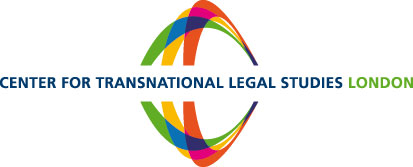
Faculty Papers & Publications
Document Type
Article
Publication Date
7-24-2012
Abstract
The global financial crisis has cast a strong light on some hitherto obscure corners of the financial world, provoking an outpouring of calls for concerted international action. “Hard law” having disappointed, can “soft law”, in the form of international financial standards, substitute for traditional national legislation. This article examines some of the difficulties associated with the “international standards as soft law” discourse.
First of all, conceptual problems in the “soft law” discourse itself reveal profoundly different patterns of legal thought cutting across national boundaries, resulting in different understandings of international financial standards. Secondly, recent experience, over the past decade, with some “soft law” international financial standards as both diagnostic and prophylactic tools, has been decidedly mixed, in fact, largely unsatisfactory. Thirdly, the “soft law” discourse in international finance appears strangely remote from the daily grind of international commercial practice, where the discourse is largely unknown. But perhaps in this disconnect between theory and practice lies clues to important normative forces at work in international finance, and in particular the international capital markets. The more one considers the world of international finance, the more obvious become the outlines of centuries old transnational merchant law, the contentious lex mercatoria.
The proposition put forward here is that the formal regulation of financial markets is supported by a body of strong and persistent customary law, a lex mercatoria, a rarely acknowledged but powerful undercurrent in finance, especially in its international iteration. The continued prevalence of oral contracting and the stubborn persistence of self-regulatory principles are examples. There are several intriguing implications to this proposition. Is it possible that the global financial crisis represented not only a failure of formal, state-led regulation, as it surely did, but also a breakdown of a lex mercatoria of finance? If that is the case, international standard setters and national regulators, both, ignore this lex mercatoria (the customs and practices of international finance) at their peril. To do so, would be to miss a true, powerful, source of normativity operating in international financial markets.
Recommended Citation
Jordan, Cally, "International Financial Standards and the Explanatory Force of Lex Mercatoria" (2012). Faculty Papers & Publications. 3.
https://scholarship.law.georgetown.edu/ctls_papers/3
Included in
Economic Policy Commons, International Economics Commons, International Law Commons, Law and Economics Commons, Securities Law Commons

Comments
The author is also affiliated with the European Corporate Governance Institute (ECGI) and the Center for Transnational Legal Studies (London).